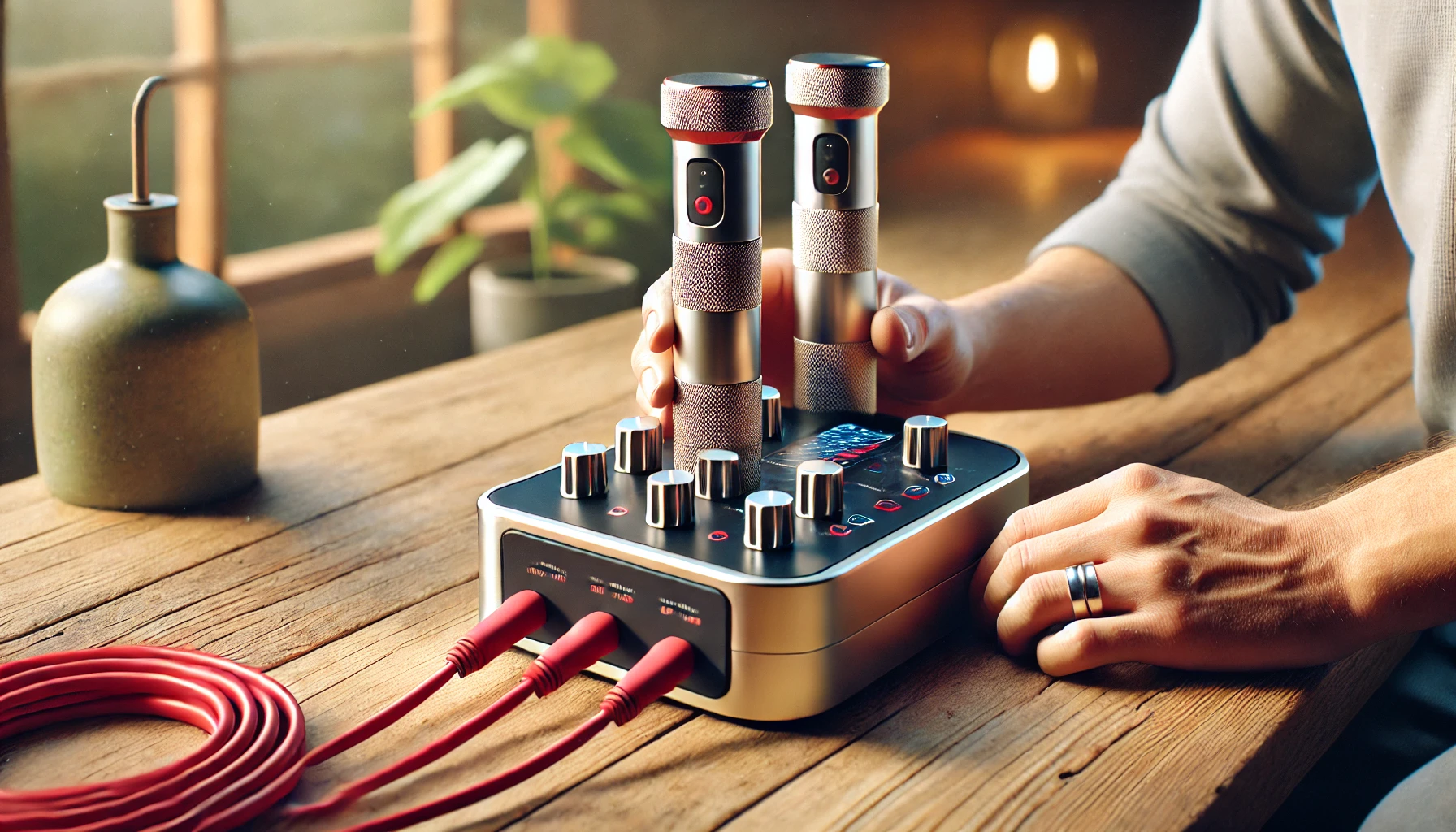Health Notice: This article was written using the Consensus AI Academic Search Engine. It is intended solely for informational purposes and should not be considered medical advice. Always consult a licensed healthcare provider for diagnosis, treatment, or medical guidance. Please refer to the full Disclaimer at the end of this article.
Rife machines represent an intriguing but highly controversial approach to disease treatment. While the concept of using resonant frequencies to target pathogens is scientifically plausible, the lack of robust clinical evidence and regulatory approval limits their acceptance in mainstream medicine. Further research, including well-designed clinical trials, is necessary to determine the true efficacy and safety of Rife machines.
Rife machines, named after their inventor Dr. Royal Raymond Rife, are devices that generate specific frequencies purported to target and eliminate disease-causing microorganisms. These machines are based on the principle of resonant frequency, where each microorganism has a unique frequency at which it can be disrupted or destroyed. Despite their controversial status, Rife machines have garnered interest for their potential therapeutic applications.
Historical Background
Dr. Royal Raymond Rife, an American inventor, developed the Rife machine in the early 20th century. He claimed that by using a microscope he invented, he could observe live viruses and bacteria and determine their “mortal oscillatory rate” (MOR). By applying the corresponding frequency through his machine, Rife believed he could destroy these pathogens without harming the surrounding tissues.
Mechanism of Action
Rife machines operate on the principle of resonant frequency. The device emits electromagnetic waves at specific frequencies that are believed to match the MOR of various pathogens. When the frequency resonates with the microorganism, it purportedly causes the cell walls to shatter, effectively killing the pathogen. This concept is somewhat analogous to how an opera singer can shatter a glass by singing at a particular pitch.
Current Research and Efficacy
The scientific community remains skeptical about the efficacy of Rife machines due to a lack of rigorous clinical trials and peer-reviewed studies validating their claims. Most of the evidence supporting Rife machines is anecdotal or comes from small, uncontrolled studies. For instance, while some users report improvements in conditions such as cancer, Lyme disease, and other chronic illnesses, these claims have not been substantiated by large-scale, double-blind, placebo-controlled trials.
Controversies and Criticisms
Rife machines have faced significant criticism from the medical community. Critics argue that the lack of scientific evidence and regulatory approval makes these devices unreliable and potentially dangerous. The U.S. Food and Drug Administration (FDA) has not approved Rife machines for the treatment of any medical condition, and several manufacturers have faced legal action for making unsubstantiated health claims.
Disclaimer
The content in this blog post was generated using Consensus, an AI-powered academic search engine, and is based on publicly available scientific literature. While we strive to provide accurate, up-to-date, and well-researched information, this content is intended for informational and educational purposes only.
It does not constitute medical advice, diagnosis, or treatment. Always consult a qualified healthcare professional before making decisions related to any medical condition, treatment, or medication.
The AI system’s analysis may not account for all perspectives, ongoing research, or individual circumstances, and should not replace professional expertise. Neither the blog publisher nor the developers of the Consensus AI tool are liable for any decisions or actions taken based on this content.
Use of this information is at your own risk. Where provided, citations link to original scientific studies for reference only—these should be reviewed independently and interpreted with the support of a qualified medical or research professional.
If you are experiencing a medical emergency, please seek immediate care from a healthcare provider or call emergency services.
